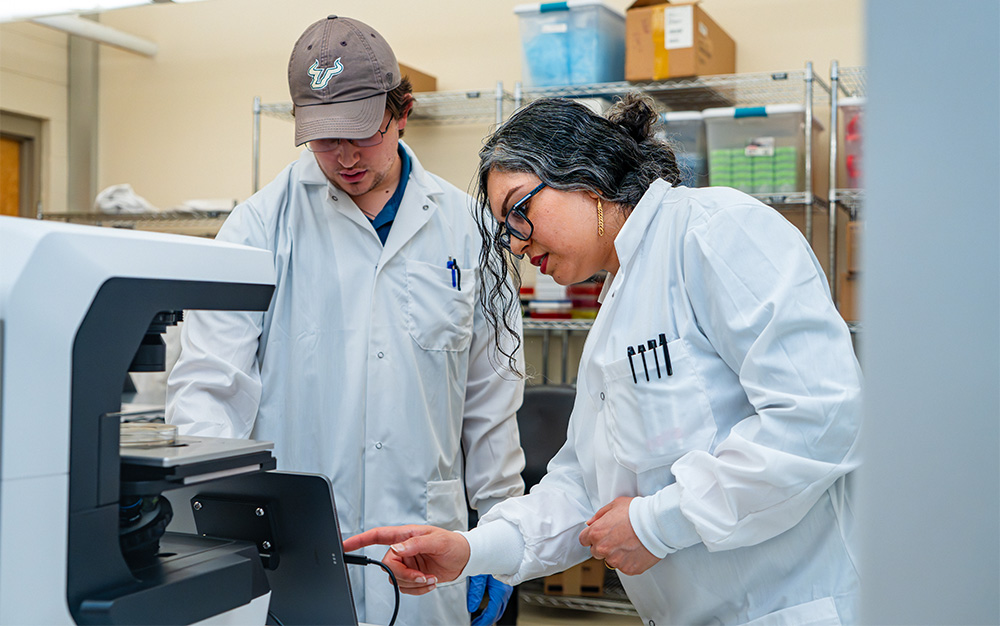By Tina Meketa, University Communications and Marketing
The University of South Florida achieved a record-breaking $738 million in research funding during fiscal year 2024 – up nearly 7% over the previous year and an impressive increase of 35% since 2022. The milestone comes during USF’s first full fiscal year as a member of the prestigious Association of American Universities and helps demonstrate its impact as one of the nation’s most research-intensive institutions. The new record brings the university closer to reaching its goal of securing $1 billion in annual research funding.
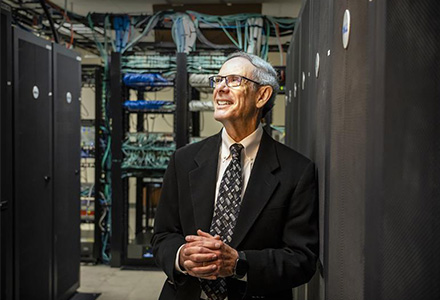
Jeffrey Krischer, director of the USF Diabetes and Endocrinology Center and the USF Health Informatics Institute
“The world-class researchers at the University of South Florida are transforming lives and creating a better future for our society through their scientific discoveries, medical breakthroughs, development of new technologies and other innovations,” USF President Rhea Law said. “By continuing to grow our research enterprise, USF can provide more evidence-based solutions to complex challenges and make an even greater impact on our communities.”
More than half of USF’s research funding, which includes direct support organizations and affiliates, comes from federal agencies. The National Institutes of Health provided $227 million in research awards – up 14% from the prior year. Diabetes research conducted in the USF Health Informatics Institute received the largest share – more than $50 million. Led by Jeffrey Krischer, the institute coordinates an international network of university medical centers and health care providers to investigate the causes of Type 1 diabetes and develop prevention strategies.
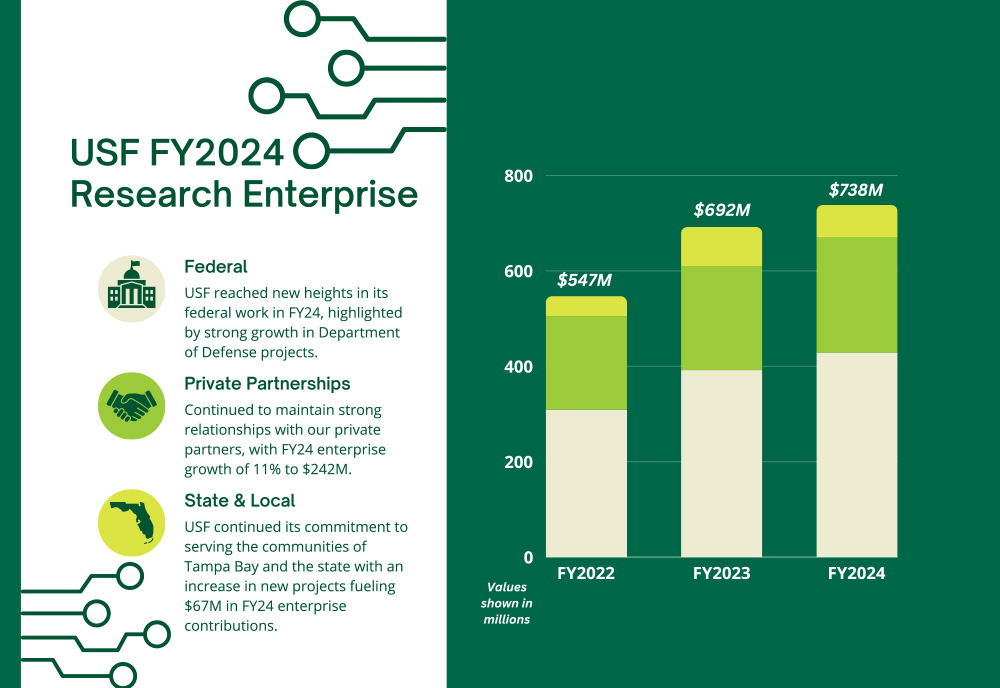
The Department of Defense increased its funding by 73%, awarding USF a new record high of $36 million. The USF Institute of Applied Engineering signed two of its largest defense contracts with U.S. Special Operations Command and U.S. Central Command – both headquartered at MacDill Air Force Base. Projects include assisting the U.S. Department of Defense in developing a roadmap to enhance its combat capabilities and leveraging artificial intelligence and machine learning algorithms to develop indexes that are based on political, economic and environmental factors in the Middle East.

The USF Institute of Applied Engineering opened its new Rapid Experimentation Lab in March

USF signed two of its largest defense contracts [Photo courtesy: MacDill Air Force Base]
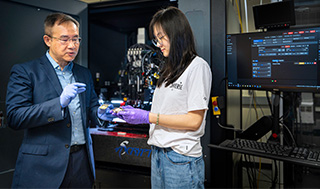
Professor Jing Wang and graduate student Ruoke Liu conduct research for the U.S. Army
"Our faculty, staff and students are deeply committed to addressing complex problems, driving innovation and making significant contributions to society," said Prasant Mohapatra, provost and executive vice president. "This achievement is a significant step forward in our shared vision to enhance our position as one of the America’s leading research universities and achieve our ambitious goal of reaching $1 billion in research funding."
Among the other key takeaways:
- Of the $738 million research enterprise, $429 million (58%) comes from federal sources, $242 million (33%) from private partnerships and $67 million (9%) from state and local agencies
- Engineering achieved the highest level of growth, increasing its contributions by 38%
- USF’s core research in medicine increased by $53.4 million
- A total of 100 researchers received more than $1 million in funding, an increase of 20% from the previous year
"Our record-breaking research funding year underscores USF's growing impact on global challenges and highlights our commitment to driving transformative discoveries that benefit our community and the world,” said Sylvia Wilson Thomas, vice president for research and innovation. “As we continue to push the boundaries of knowledge, we remain focused on fostering an environment that inspires groundbreaking research and fuels the next generation of solutions."
Meet some of USF's top researchers:
Jose Castillo
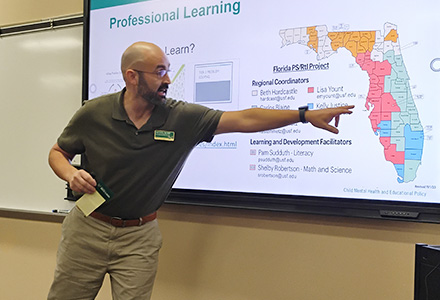
Jose Castillo, professor in the College of Education and co-director of the Institute for School-Community Partnerships, secured $24 million in grants to advance academic achievement, social development and the overall well-being of students throughout Florida. The grants support several projects, including enhancing mental health services, comprehensive training on literacy instruction and improving outcomes for students with disabilities by providing them with assistive technologies and increased access to effective instruction and intervention.
Jennifer O’Brien

Jennifer O’Brien, associate professor of psychology, was awarded $15 million in funding to investigate dementia prevention and detection. To date, O’Brien is leading the largest study of its kind – with more than 7,400 participants – to examine whether computerized brain exercises can reduce the risk of cognitive impairment and dementia, such as Alzheimer’s disease.
“Research suggests that delaying the onset of dementia by a single year would result in millions of fewer cases over the next 30 years,” O’Brien said. “Volunteers participating in this study are contributing to work that will possibly prevent dementia and have the potential to positively impact our lives and the lives of future generations.” Learn more about the Preventing Alzheimer’s with Cognitive Training (PACT) study.
Dr. Yaël Bensoussan
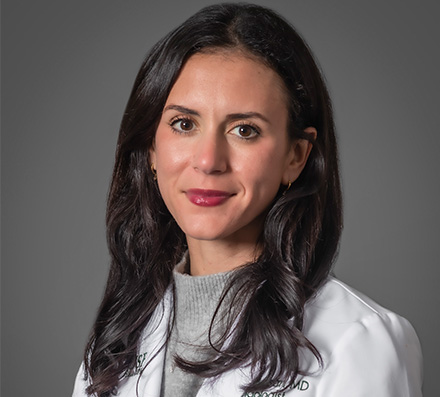
Dr. Yaël Bensoussan, director of the USF Health Voice Center and assistant professor in the USF Health Morsani College of Medicine Department of Otolaryngology, received $5 million in grants for research leveraging AI to help doctors diagnose and treat disease based on the sound of a patient’s voice. She is the co-lead investigator of a four-year, multi-institutional project funded by the NIH that aims to build an ethically sourced, AI-enabled database of 10,000 human voices from patients with different illnesses that will be used by health researchers across the globe to better detect disease. The project recently published the first version of their clinically-validated voice dataset, and when completed, the repository will become the world’s flagship database for AI voice and health.
Christina McCrae
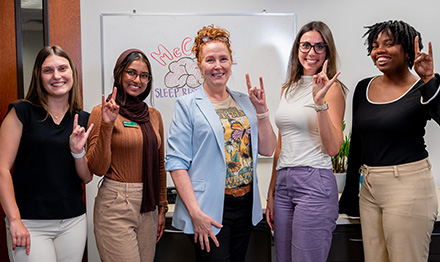
Christina McCrae, professor in the College of Nursing, investigates sleep to improve overall health outcomes. McCrae received $3.3 million to advance her work with multiple clinical trials. In the McCrae Sleep Research Lab, alongside a dedicated team of student research assistants, she is exploring cognitive behavioral interventions for caregivers and people with insomnia who also experience chronic pain.
“There are a variety of health outcomes when your sleep improves,” McCrae said. “Most of the people we work with see significant improvements in their sleep and we are examining how improved sleep decreases their stress, inflammation, degenerative biomarkers and improves their mood.”
Dr. Charurut Somboonwit

Dr. Charurut Somboonwit, professor with the USF Health Department of Internal Medicine and director of clinical research at the Florida Department of Health in Hillsborough County, was awarded more than $3 million for HIV and AIDS research. Somboonwit recently completed two hallmark clinical trials that demonstrated the effectiveness of various treatments to reduce and prevent the risk of serious AIDS-related events, leading to a paradigm shift in HIV treatment protocols worldwide. Major health organizations, including the World Health Organization and the U.S. Department of Health and Human Services, updated their guidelines in response.
Steve Murawski
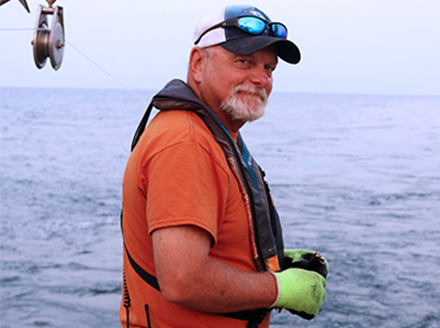
At the USF College of Marine Science, Steve Murawski, research professor and St. Petersburg Downtown Partnership Peter R. Betzer Endowed Chair, received $2.9 million for projects that help address environmental threats to the Tampa Bay region. Murawski heads the Center for Ocean Mapping and Innovation Technologies, a cooperative agreement between the NOAA Office of Coast Survey and USF that works to develop and test cutting-edge approaches to seafloor mapping, habitat characterization and the dynamics of coastal areas. Accurate seafloor maps can improve the resilience and response capacity of coastal communities to hazards such as storm surges from hurricanes.
Murawski also serves as principal investigator of the Tampa Bay Surveillance Project, an interdisciplinary research team investigating how Tampa Bay waters influence human health. Throughout 2024, his team of researchers and students sampled fish from across Tampa Bay to measure concentrations of chemicals in fish, sediment and waters, which are finding their way into consumer products and industrial processes.
Cassidy Delamarter and Matt Cimitile, University Communications and Marketing, Cody Hawley, USF Health, and Dyllan Furness, College of Marine Science, contributed to this article.
